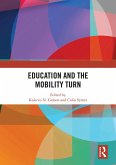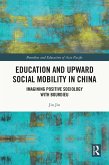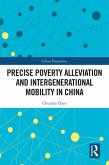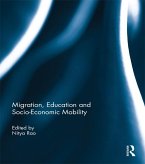First Published in 1990. What are a woman's chances of 'getting on in life'? How many shopkeepers' daughters make it to senior politcal pots- more or less, than shopkeeper's sons? What do we mean when we talk of a 'successful woman'? Up until now, we have know very little about female social mobility as studies have mostly been concerned with men. For the first time, this collection presents a compressive account for women's social mobility, built up by exploring how family background, work career and experience of marriage connect into a mobility profile. Starting from conventional questions, such as, what are the rates of inter-generational mobility, how do qualifications shape entry to work, and how does first job relate to later career achievement, the chapters begin to modify the perspective inherited from male mobility models. Is marriage in itself a form of mobility, and if so in which direction? What is the effect of child-rearing on careers? And how do household arrangements modify both occupational participation and the class position of married woman? Our models of the British class structure become increasingly open to question when tested against female mobility experiences. Based in the new tradition of mobility studies, which is now concerned as much with employment as with class in a narrow sense, this study offers a fresh perspective on the idea of social mobility itself. Its conclusions and proposals for new ways of seeing mobility, for example as a person-based profile, are equally relevant to students of social stratification, social structure and socio-economic change, as well as those who seek to understand the place of women in society today.
Dieser Download kann aus rechtlichen Gründen nur mit Rechnungsadresse in A, B, BG, CY, CZ, D, DK, EW, E, FIN, F, GR, HR, H, IRL, I, LT, L, LR, M, NL, PL, P, R, S, SLO, SK ausgeliefert werden.









